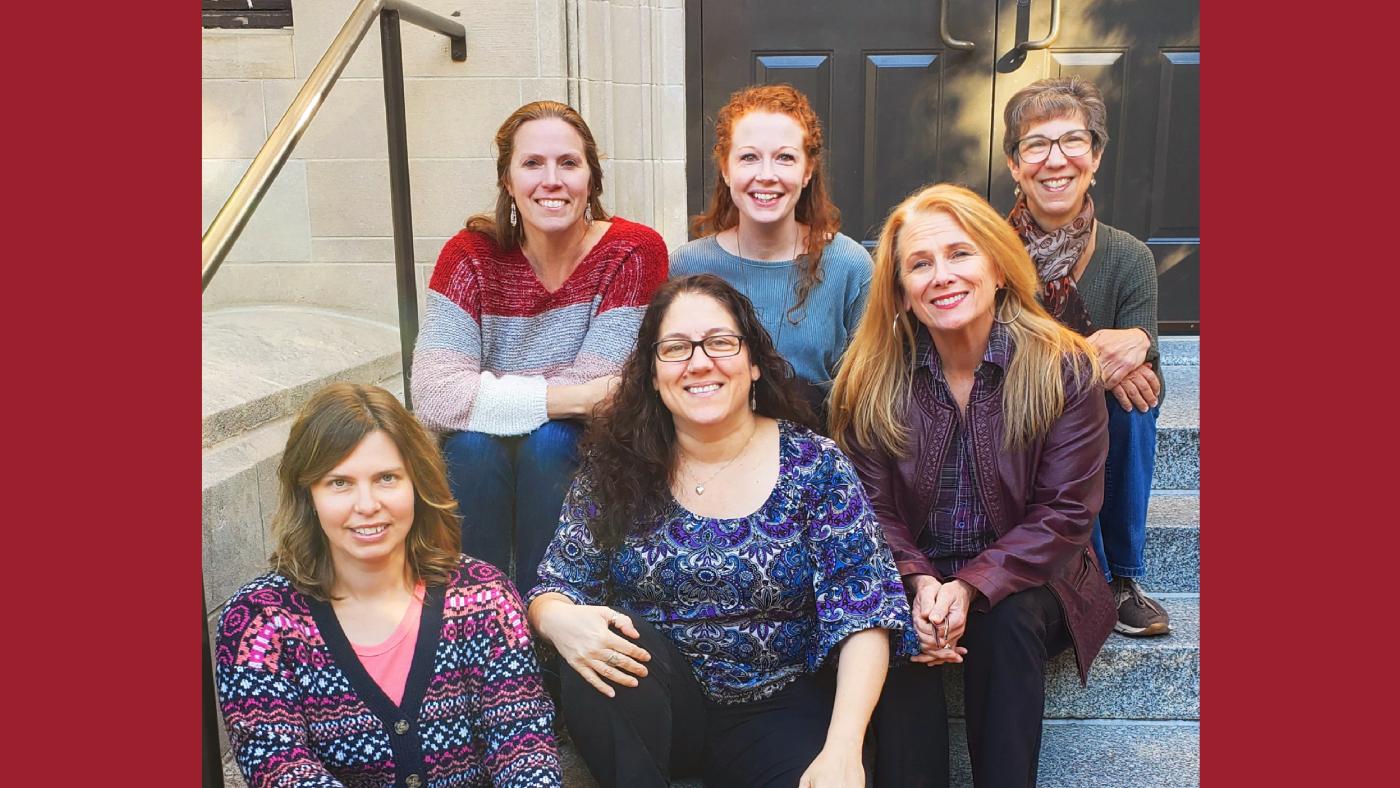For 17 years, the ATLAS program housed at Hamline University has been responsible for providing professional development for all of Minnesota’s adult education teachers – important educators who help Minnesotans unlock their potential, sharpen their skills and embark on family-sustaining careers.
ATLAS – Adult Basic Education Teaching & Learning Advancement System – was established at Hamline’s School of Education and Leadership with a grant from the Minnesota Department of Education. Crucially, the program has been entirely supported by that grant since its inception. Distributed in three-year cycles, funding was recently secured through 2027, ensuring 20 years of ATLAS professional development at Hamline.
“Through this grant we provide professional development for all of Minnesota’s adult education practitioners throughout the state – over 1,000 adult educators,” ATLAS Director Patsy Egan said. “We are the only recipients of this grant, and in fact, Hamline University is the only place in Minnesota to receive an Adult Basic Education license in the state. Hamline is well recognized for this work nationally.”
Minnesota’s adult educators prepare residents to attain their high school equivalency (such as the GED), educate immigrants and refugees who are learning English, and help high school graduates better develop certain skills before entering college or pursuing a career change.
Most adult education opportunities are provided through community education programs within school districts. ATLAS also does significant professional development work with educators who work with residents in county and state correctional facilities who are seeking education.
The ATLAS program has seen important changes during its 17 years at Hamline. Egan, who has been director for 10 years, noted in particular the standards based system for college and career readiness, adopted in 2014, and a greater emphasis on developing employability skills, or “soft” skills.
“When adults, for any number of reasons, don’t finish school or aren’t successful in the workplace, or have high mobility and fall through the cracks of systems – it is often because they lack soft, or “transitions skills” as we call them,” Egan said. “These are teachable skills.”
Egan defined soft skills as effective communication, navigating systems, self-management and learning strategies. ATLAS has addressed this by establishing a employability skills framework called TIF – Transition Integration Framework – in 2013.
“Transitions skills are as important as academic skills,” she said. “In fact, we think of our content standards as three-pronged: academic skills, soft skills and digital literacy skills. If you don’t have all three, you can’t acquire and keep family-sustaining work.”
The ATLAS team tackles this heavy workload with only six staff members, including Egan. She attributes their continued success to the expertise of her small, but well-qualified staff, in concert with support from the Minnesota Department of Education ABE office and Hamline University.
“It’s been so heartening to work in this particular state,” Egan said. “Minnesota is so well regarded for our education. Other states come to us all the time asking how we do things. We’re in a place to be generous and share the work we do with other states. We’re able to do that because we’re well resourced through our funding partner and have great expertise through our staff. I believe we have also found the right institution to be housed in. Hamline clearly has a social justice mission and is drawn to doing all the good we can. We are definitely in the right place.”
